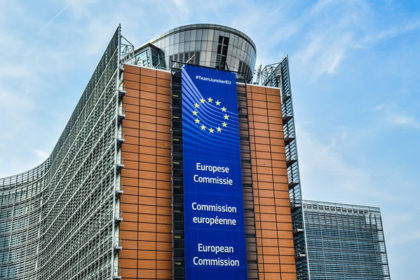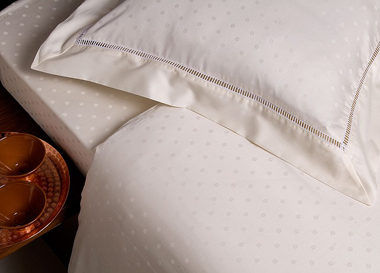A mattress purchased online can also be returned without protective film in the revocation, the ECJ ruled. A mattress does not belong to the sealed goods, which are not suitable for the return for hygiene reasons.
Update from July 3, 2019:The Federal Supreme Court in Germany (BGH) follows the ruling of the EuGH: Customers can return unpacked mattresses – even without protective film.
In its press release on 3 July 2019, the BGH announced its decision VIII ZR 194/16. Consumers can return a mattress purchased on the Internet to the retailer even if they have removed the protective film. Like the ECJ, the BGH now also ruled that the same applies to mattresses as to clothing: although they can come into physical contact when tried out, this is possible for the dealers to clean. This means that even a mattress unpacked from the protective film can still be resold.
Online purchase of a mattress and revocation
In November 2014, Mr Sascha Ledowski ordered a mattress for private use via the applicant’s website slewo. He made use of his revocation – but at that time he had already removed the protective film from the mattress. Slewo refused to take the mattress back and invoked a contractual clause according to which the right of withdrawal for sealed goods expires for reasons of hygiene if their seal was removed after delivery.
The BGH regarded as decisive in the present case whether mattresses are to be seen in the sense of the appropriate European Union regulation as sealed goods with limited right of revocation. The reference for a preliminary ruling from the BGH therefore asked for the interpretation of Article 6(1)(k) and Article 16(e) of Directive 2011/83/EU and the limitation of the right of withdrawal for a distance contract described therein.
The reference for a preliminary ruling therefore was seeking the interpretation of Article 6(1)(k) and Article 16(e) of Directive 2011/83/EU and the limitation of the right of withdrawal for a distance contract described therein.
In March 2019, the ECJ ruled that our contribution is described below.
Argumentation and ruling of the European Court (ECJ) on mattresses Return
Advocate General argued for a right of withdrawal
Advocate General’s Opinion from December 2018 strengthened consumer protection. Consumers must be able to inspect and examine the product purchased, but only to the extent necessary to establish its quality, characteristics and functionality. The Advocate General had already argued for a right of withdrawal for a mattress. In this respect, a mattress is comparable to an article of clothing whose return to the entrepreneur was expressly provided for by the legislature (we reported)
Mattresses with protective foil are not sealed goods
The European Court of Justice also ruled last week (EU:C:2019:255) that mattresses do not fall under sealed goods in the sense of Directive 2011/83/EU. According to the ECJ, it can be assumed that the exception from the right of withdrawal provided for in Article 16(e) of Directive 2011/83 only applies if, after removal of the seal on the packaging, the goods contained therein are no longer marketable for health or hygiene reasons. It would then be impossible or excessively difficult for the trader, by reason of its nature, to take measures to make it fit for resale without one of those requirements not being satisfied.
Sealing within the meaning of the Directive
Furthermore, for a protective film to be regarded as ‘sealing’ within the meaning of Article 16(e) of Directive 2011/83, it is necessary for it to make it possible to guarantee the cleanliness of the product which it encloses. That criterion presupposes that the packaging is sufficiently resistant and that it cannot be opened without causing visible damage. Examples could be a sealed plastic film or a sealed metallic wrapping.
ECJ ruling strengthens consumer protection
Slewo’s action was therefore dismissed by the ECJ. This ruling strengthens consumer protection and at the same time improves the legal certainty as to when a product is deemed to be sealed within the meaning of the Directive with a corresponding restriction of the right of withdrawal. However, the ECJ also pointed out that under Article 14(2) of Directive 2011/83, the consumer is nevertheless liable for any loss in value of a product which is attributable to handling which is not necessary to examine the nature, properties and functionality of the product, without losing his right of withdrawal as a result.
The question referred for a preliminary ruling also met with great international interest: The Italian government as well as the European Commission pleaded for the preservation of consumers’ right of withdrawal, and the Belgian government also submitted written explanations.
Do you need any help in questions of revocation?
Our lawyers are experienced in trademark and patent law, national and international law.
Sources:
Judgement of ECJ “slewo” EU:C:2019:255
Picture:







Leave a Reply